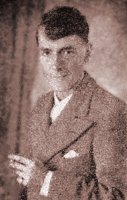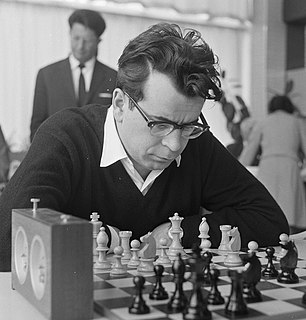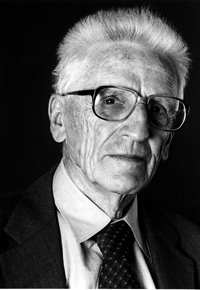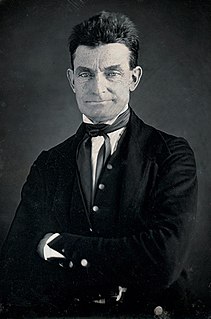A Quote by Lancelot Hogben
There is nothing particularly scientific about excessive caution. Science thrives on daring generalizations.
Quote Topics
Related Quotes
When people think science and cooking, they have no idea that it's not correctly expressed. We're actually applying the scientific method. People think chemistry and physics are science, but the scientific method is something else.... It's the science that the world of cooking generates: science of butter; science of the croissant.
A great swindle of our time is the assumption that science has made religion obsolete. All science has damaged is the story of Adam and Eve and the story of Jonah and the Whale. Everything else holds up pretty well, particularly lessons about fairness and gentleness. People who find those lessons irrelevant in the twentieth century are simply using science as an excuse for greed and harshness. Science has nothing to do with it, friends.
Once upon a time, science, philosophy, and theology were disciplines largely undifferentiated from one another, and proving the existence of God was a fairly commonplace intellectual exercise. But as the scientific method became increasingly refined, particularly through the nineteenth century, science and religion grew apart.
Of course, the laws of science contain no matter and have no energy either and therefore do not exist except in people's minds. It's best to be completely scientific about the whole thing and refuse to believe in either ghosts or the laws of science. That way you're safe. That doesn't leave you very much to believe in, but that's scientific too.
Science has only two things to contribute to religion: an analysis of the evolutionary, cultural, and psychological basis for believing things that aren't true, and a scientific disproof of some of faith's claims (e.g., Adam and Eve, the Great Flood). Religion has nothing to contribute to science, and science is best off staying as far away from faith as possible. The "constructive dialogue" between science and faith is, in reality, a destructive monologue, with science making all the good points, tearing down religion in the process.




































